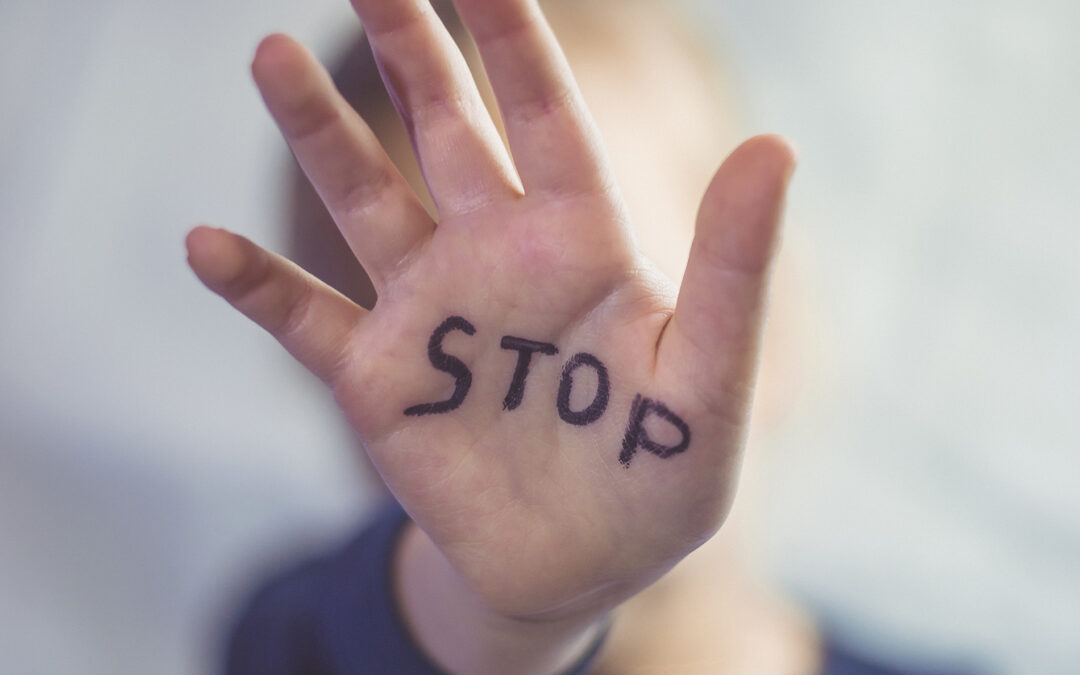Nothing tears a family apart and permanently harms parents and children both physically and emotionally quite like domestic violence. Even children and adults who are spared being physical victims of domestic violence can be deeply affected by it when they’re raised or live in households where it occurs. Because of the lifelong impact and the detrimental effects it has on families, especially children, it’s important to prevent it whenever possible.
California’s law includes a domestic violence prevention act that is designed to reduce or eliminate all types of domestic violence. Specifically, its purpose “is to prevent acts of domestic violence, abuse, and sexual abuse and to provide for a separation of the persons involved in the domestic violence for a period sufficient to enable these persons to seek a resolution of the causes of the violence.” Family Code, § 6220.
What Is Domestic Violence?
First, it’s important to define domestic violence and abuse. Abuse is not limited to the actual infliction of physical injury or assault. According to California Family Code, abuse can be defined as:
- To intentionally or recklessly cause or attempt to cause bodily injury;
- Sexual assault;
- To place a person in reasonable apprehension of imminent serious bodily injury to that person or to another;
- Molesting:
- Attacking;
- Striking;
- Stalking;
- Threatening;
- Battering;
- Credibly impersonating;
- Falsely personating;
- Harassing;
- Telephoning, including, but not limited to, making annoying telephone calls;
- Destroying personal property;
- Contacting, either directly or indirectly, by mail or otherwise; or
- Disturbing the peace of the other party, and, in the discretion of the court, on a showing of good cause, of other named family or household members.
When these types of abuse occur to people within certain types of family relationships, domestic violence, by definition, has occurred. Those relationships include:
- Two individuals who live together or who have lived together;
- Spouses;
- Former spouses;
- People in romantic relationships with each other; or
- Two individuals who have a child together, whether they’re married or not.
What Does the Act Do?
The biggest benefit of the domestic violence prevention act is the immediacy with which it protects victims. People who are victims of domestic violence and abuse in California can now receive restraining orders and injunctions against their abusers much more quickly than they previously could.
Before the act was passed in 1993, these legal actions were much slower and put victims in more danger, as they needed to wait days or weeks before their requests were granted. Once protective orders are issued, people named in them may be forcibly removed from the premises of homes, apartments, or other dwellings that they share with their victims or potential victims.
What Is the Difference Between a Restraining Order and a Protective Order?
A protective order is a broad term that can include a variety of different types of orders. The terms protective order and restraining order are often used interchangeably, but the following are typical types of protective orders that can be issued in California:
- Emergency Protective Orders – lasts from 5 to 7 days (See Family Code, § 6256);
- Temporary Restraining Orders – lasts 21 to 25 days (See Family Code, § 6320.5);
- Domestic Violence Restraining Orders — last up to 5 years, but can be extended permanently (See Family Code, § 6345);
- Elder Abuse Restraining Orders – lasts up to 5 years, but can be extended permanently (See Welfare and Institutions Code, § 15657.03);
- Civil Harassment Restraining Orders – lasts up to 5 years, but can be extended for an additional 5 years (See Code of Civil Procedure, § 526.6); and
- Criminal Protective Orders – lasts up to 10 years, but typically are only set for 3 years (See Penal Code, § 136.2.
What Are the Consequences of Violating Protective Orders?
California law takes protective orders very seriously. Because of the dangers that domestic violence poses to individuals and the damage it does to families, protective orders, especially under the domestic violence prevention act, are enforced and upheld nationwide. People who violate protective orders face offenses can be jailed and fined.
Need Legal Assistance with a Protective Order? We’re Here to Help.
At the Law Office of André J. Ausseresses, APC, we help both people who need protection from potential domestic violence and people who have been accused of domestic violence. We know both sides of the issue inside and out, as well as all California laws that pertain to it. Having an experienced law firm like ours on your side can make a big difference in your domestic violence case’s outcome, which can affect your life and the lives of your loved ones for years to come.
Don’t try to handle this situation on your own without having a legal advocate protecting your rights and working to get you the best possible outcome. Our initial consultation is free, so you have nothing to lose. Contact us today to learn how we can help you during this difficult and stressful time.

